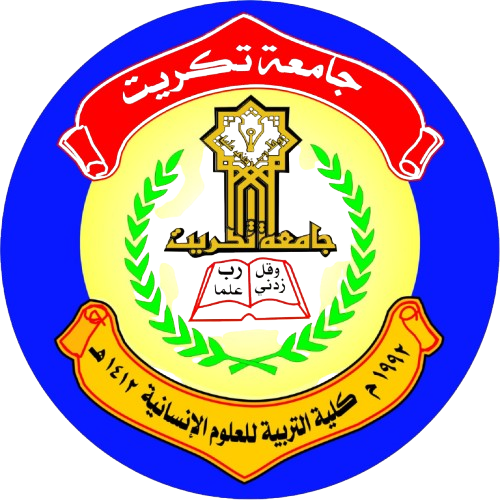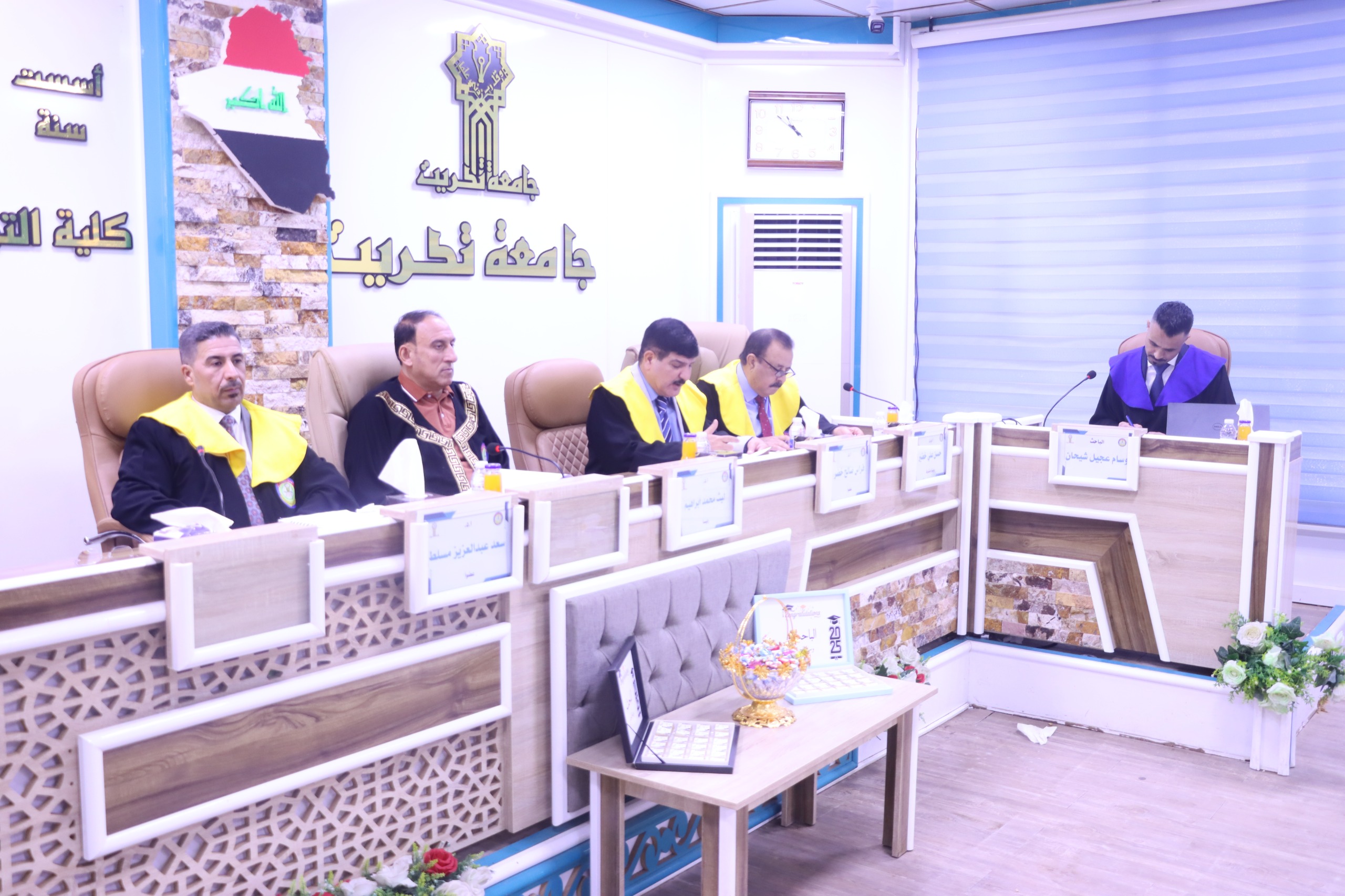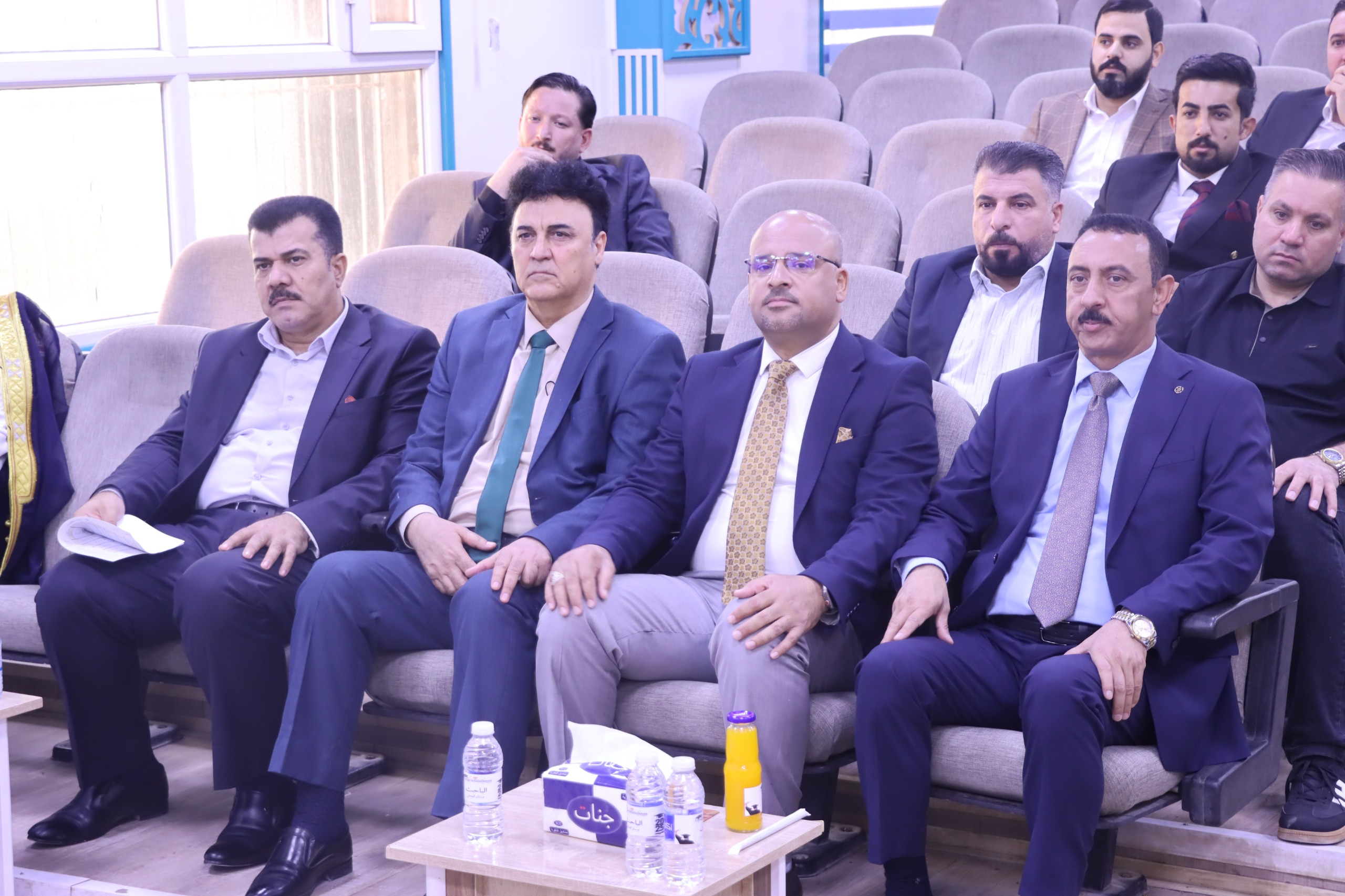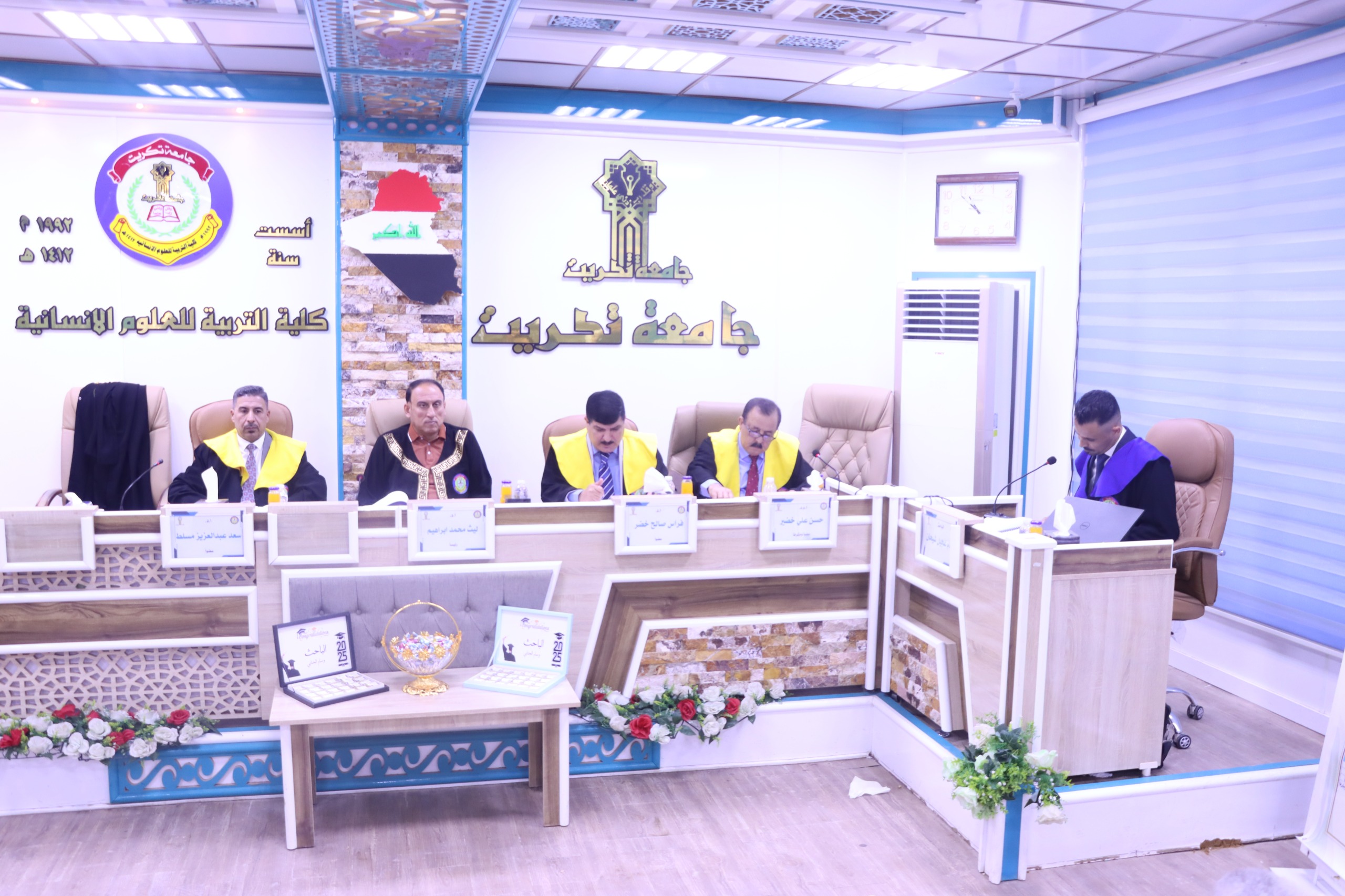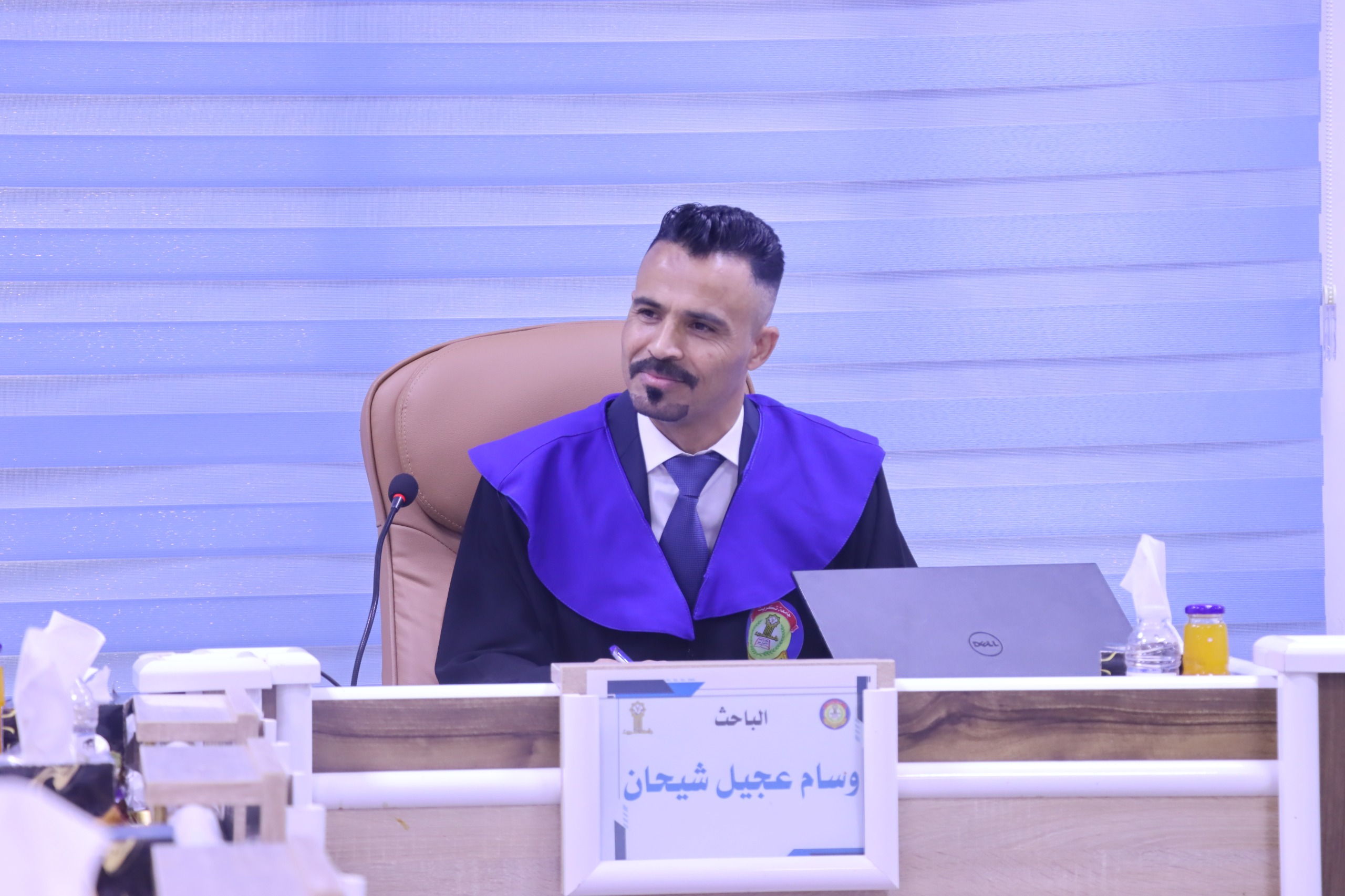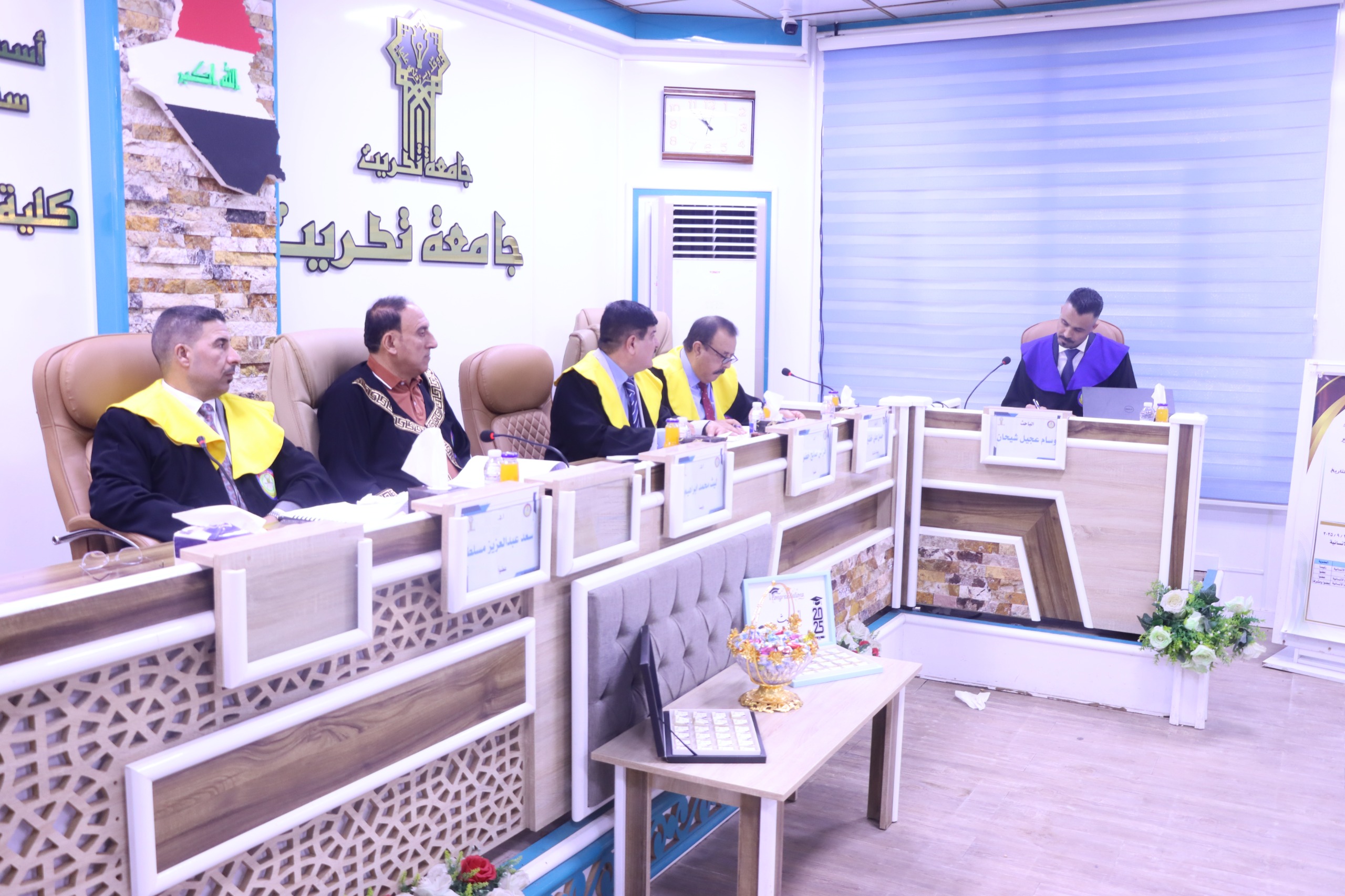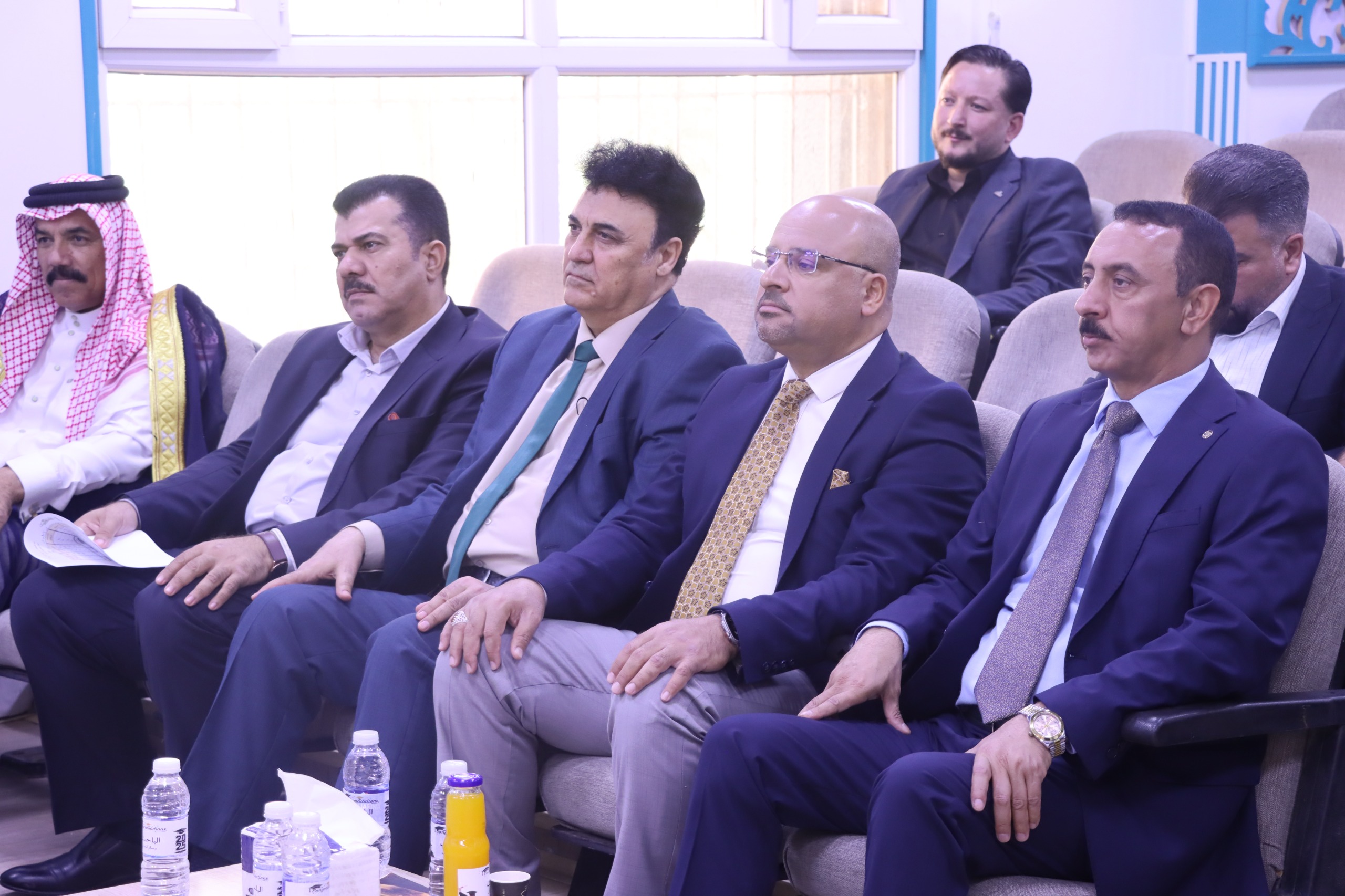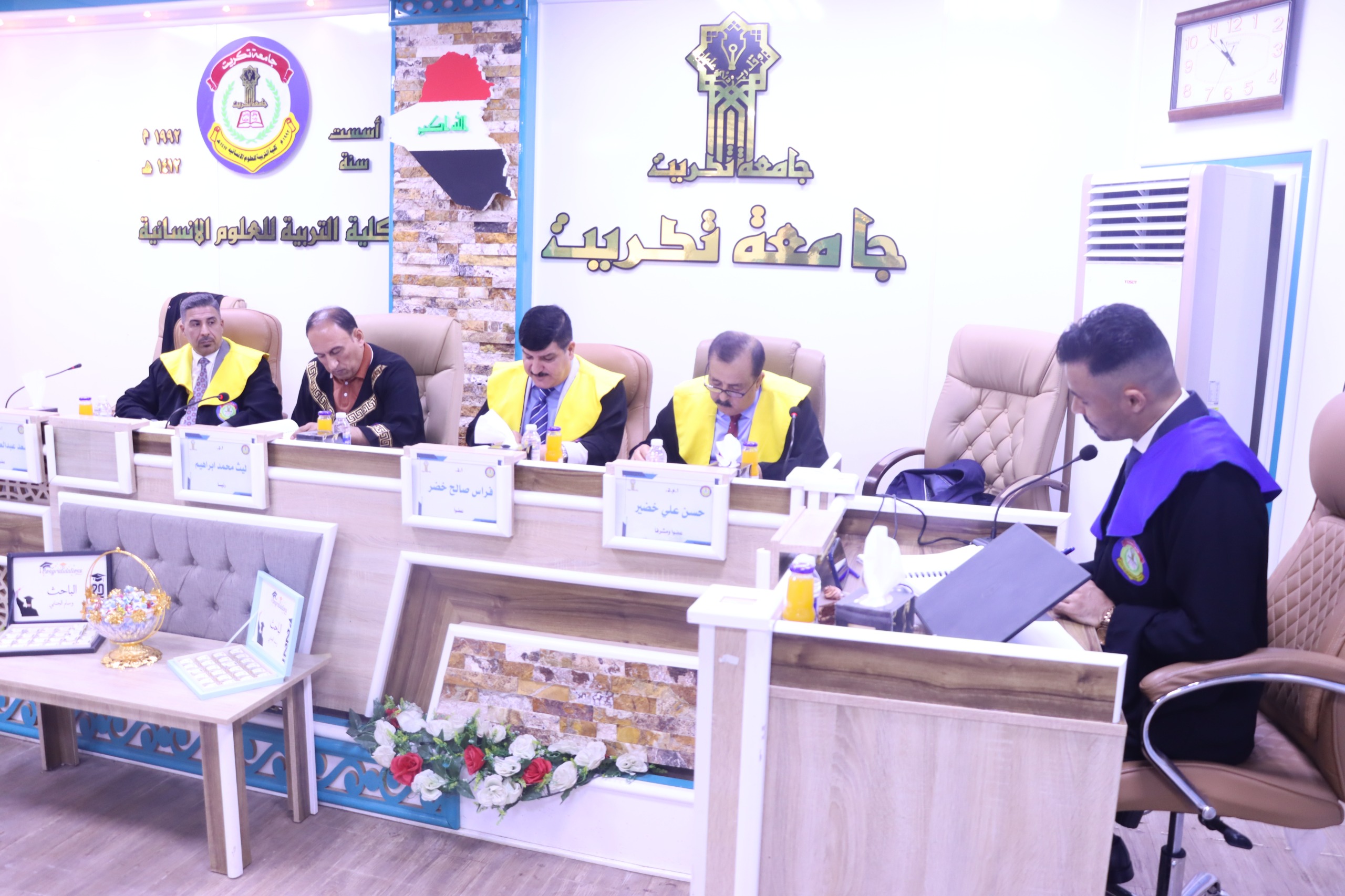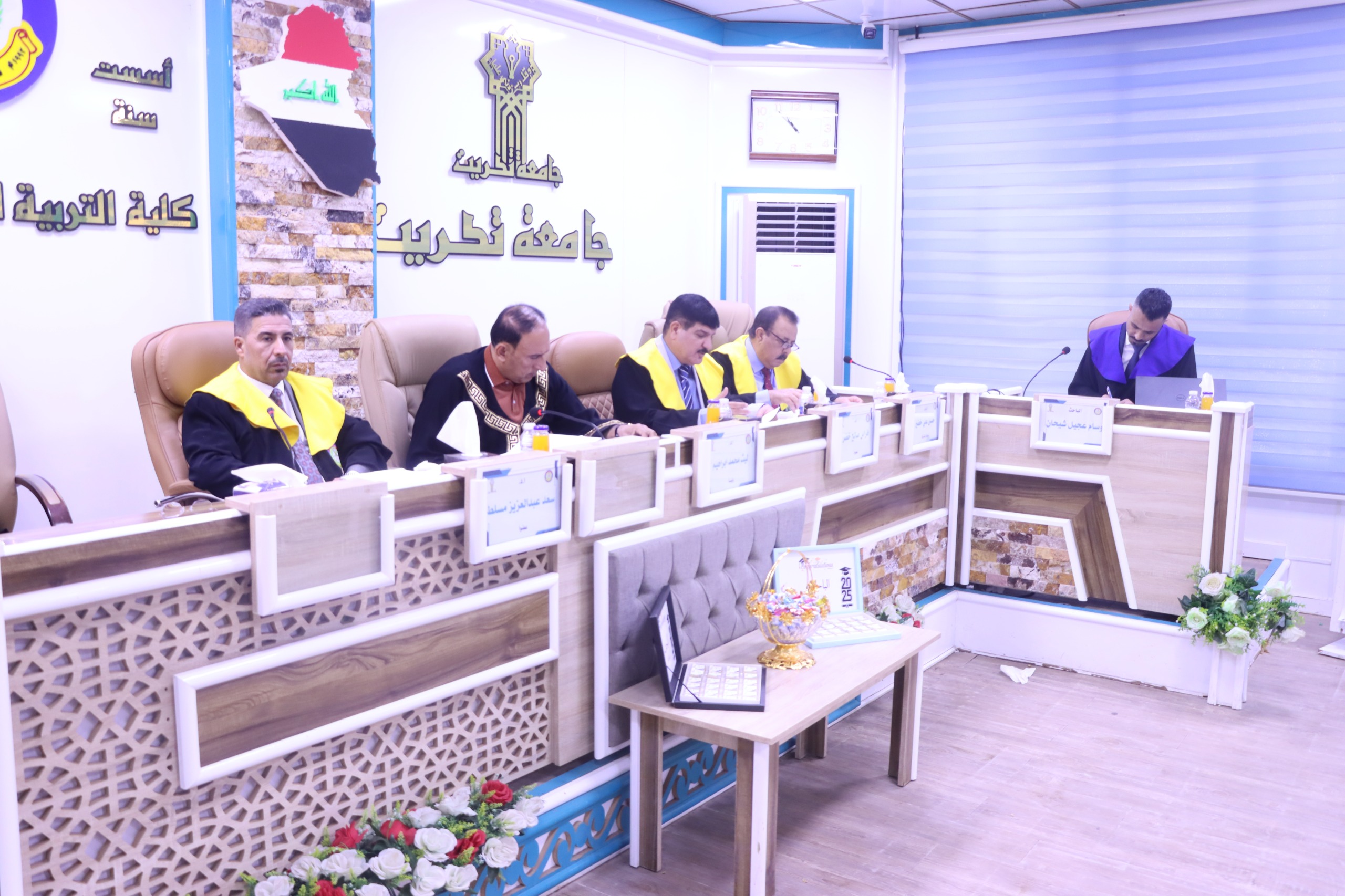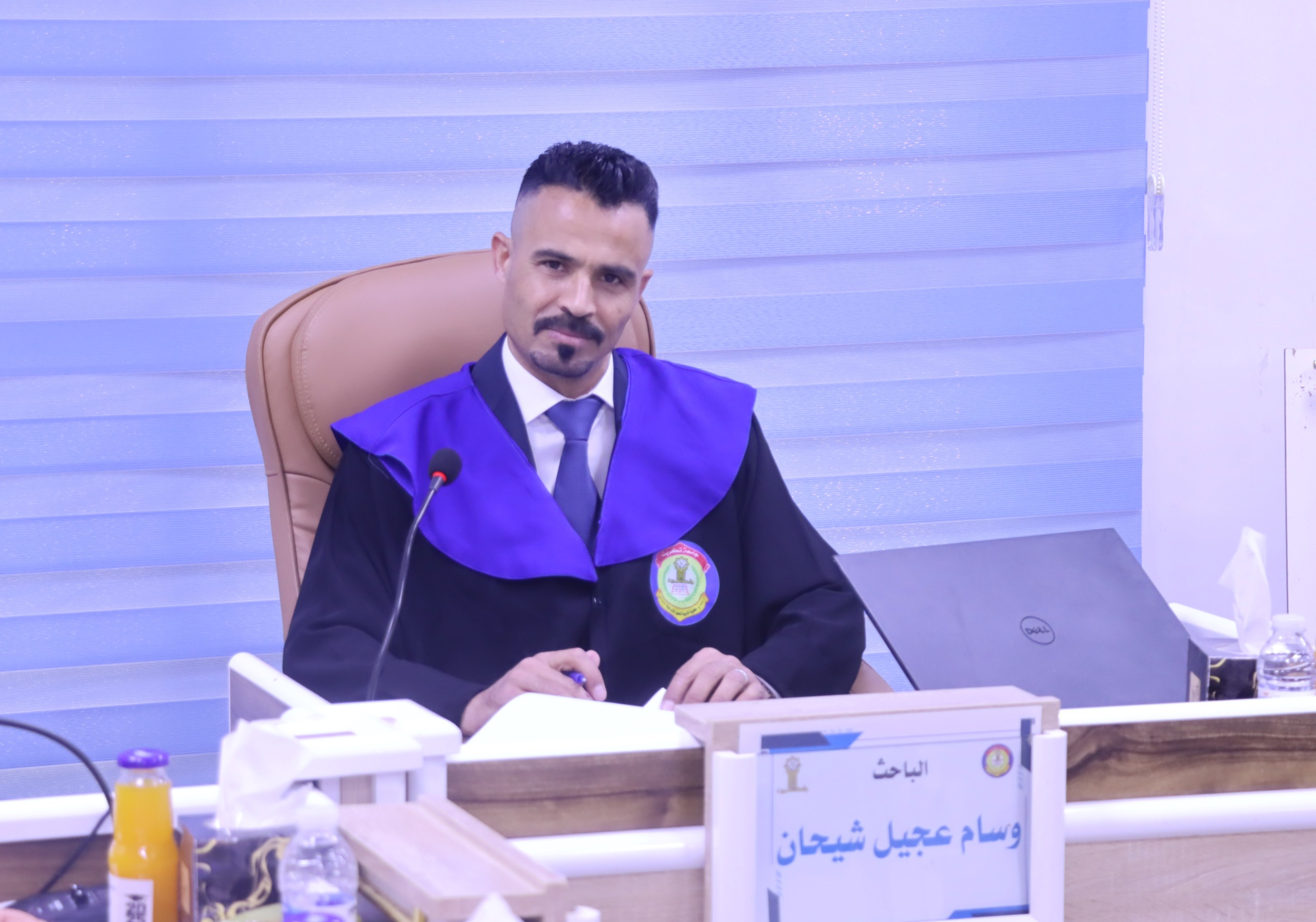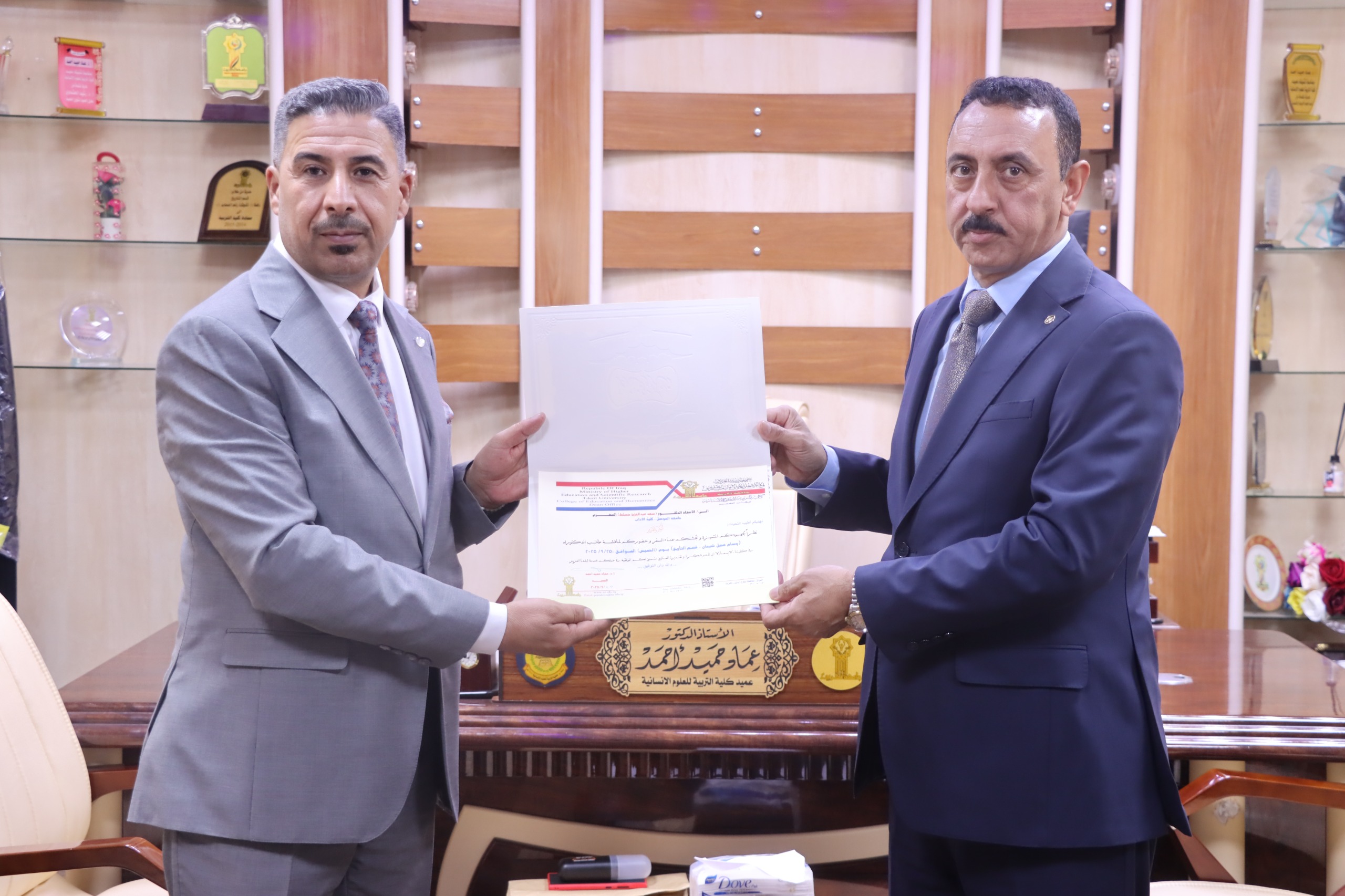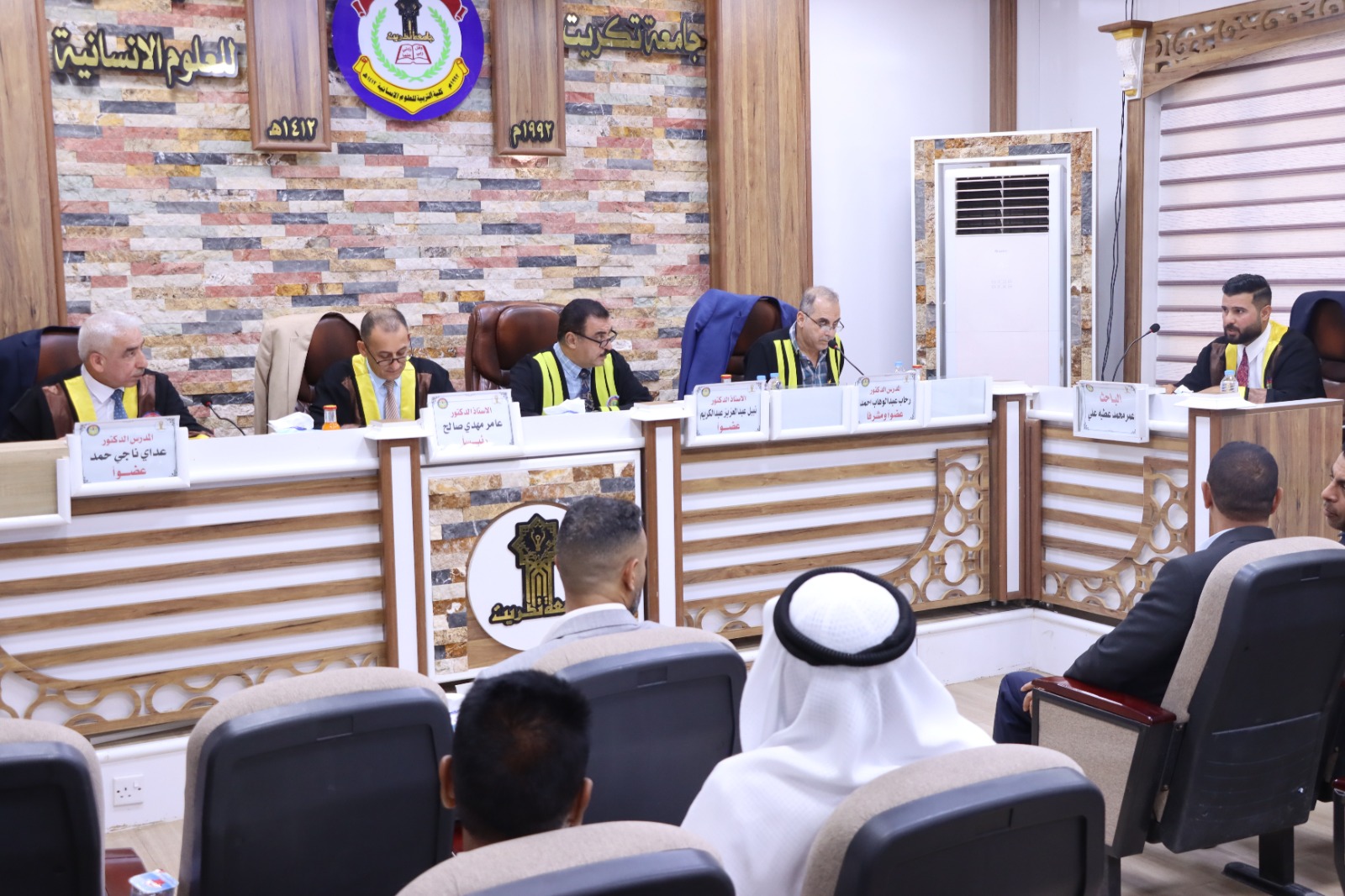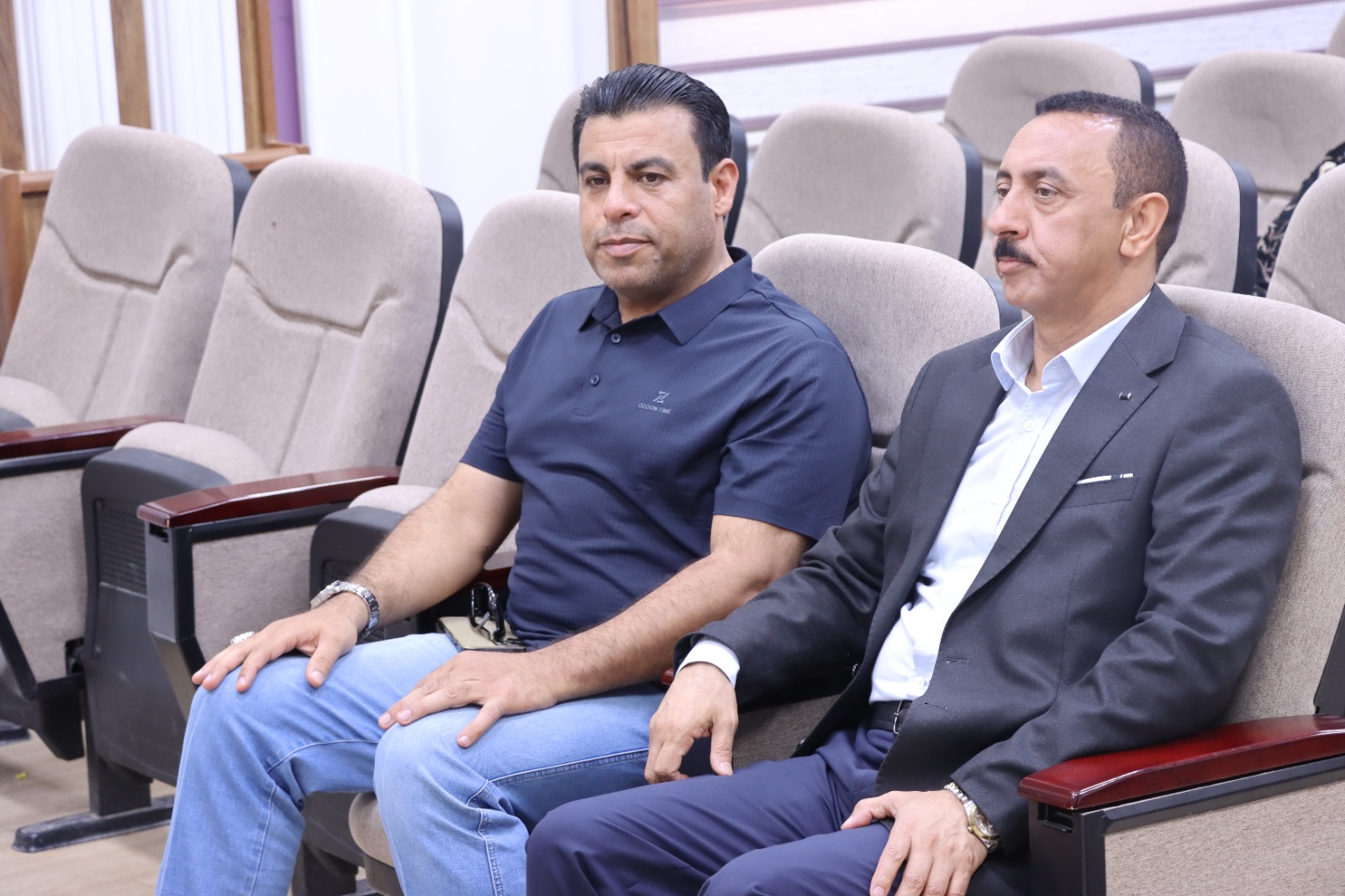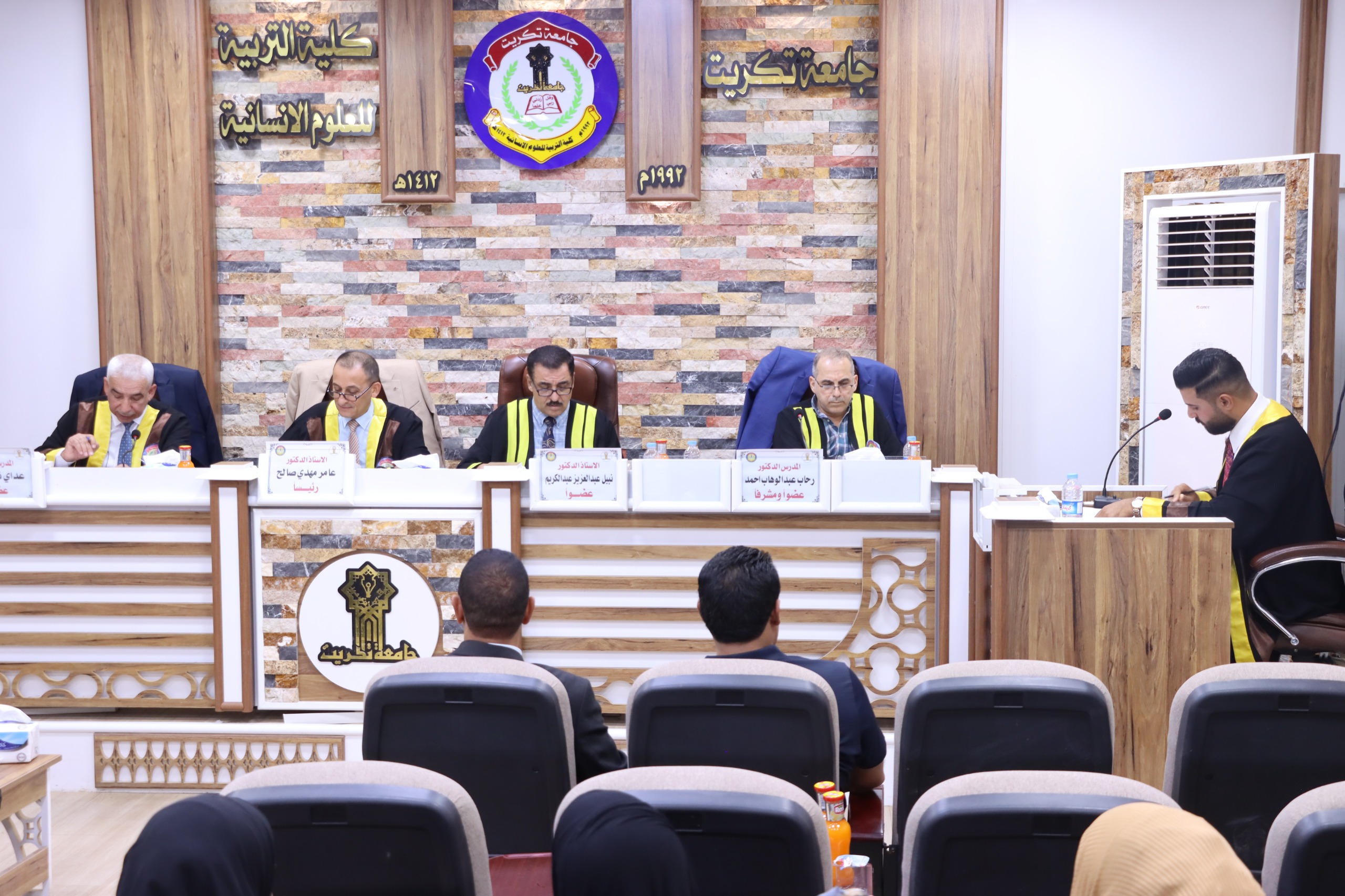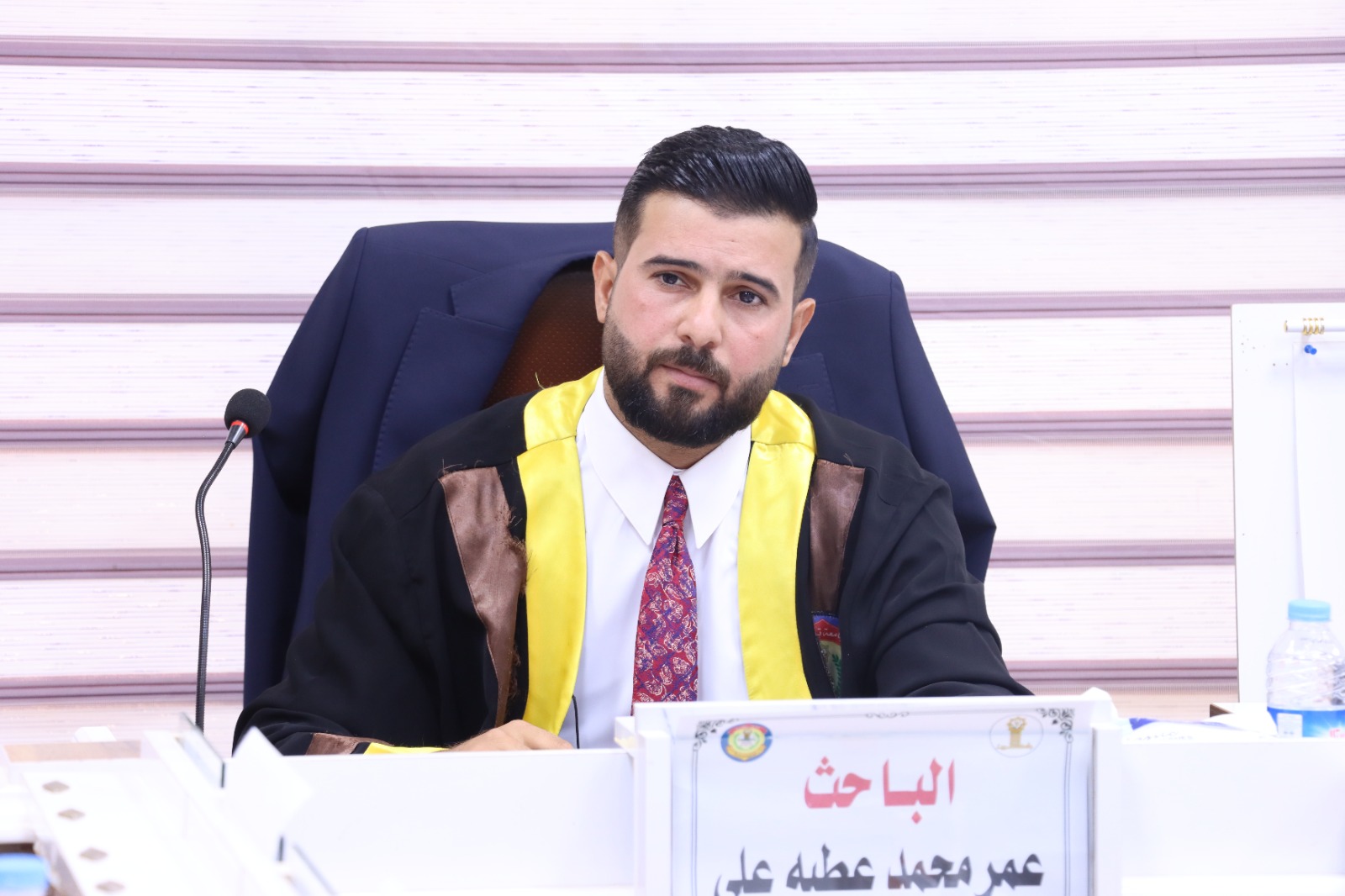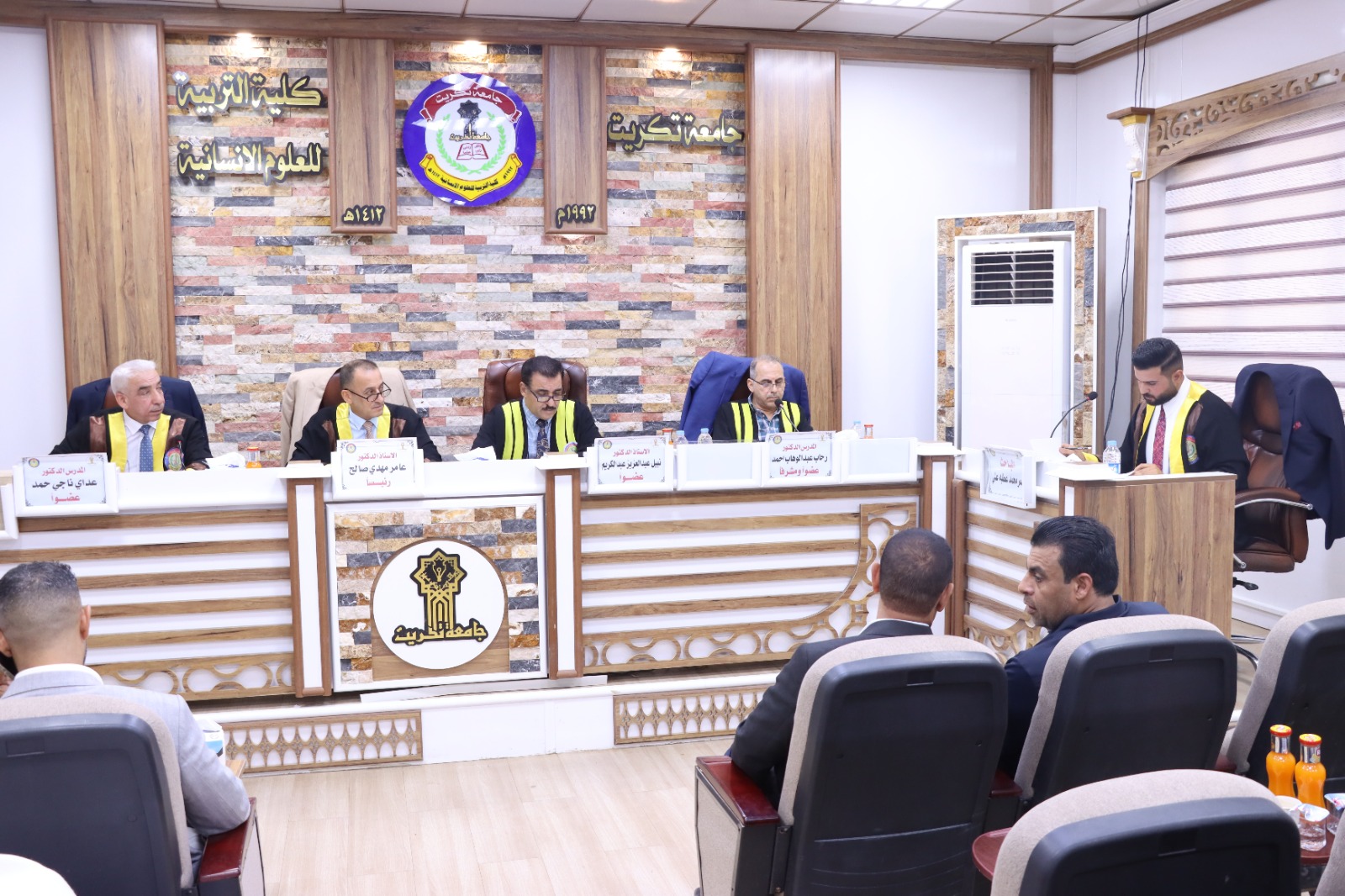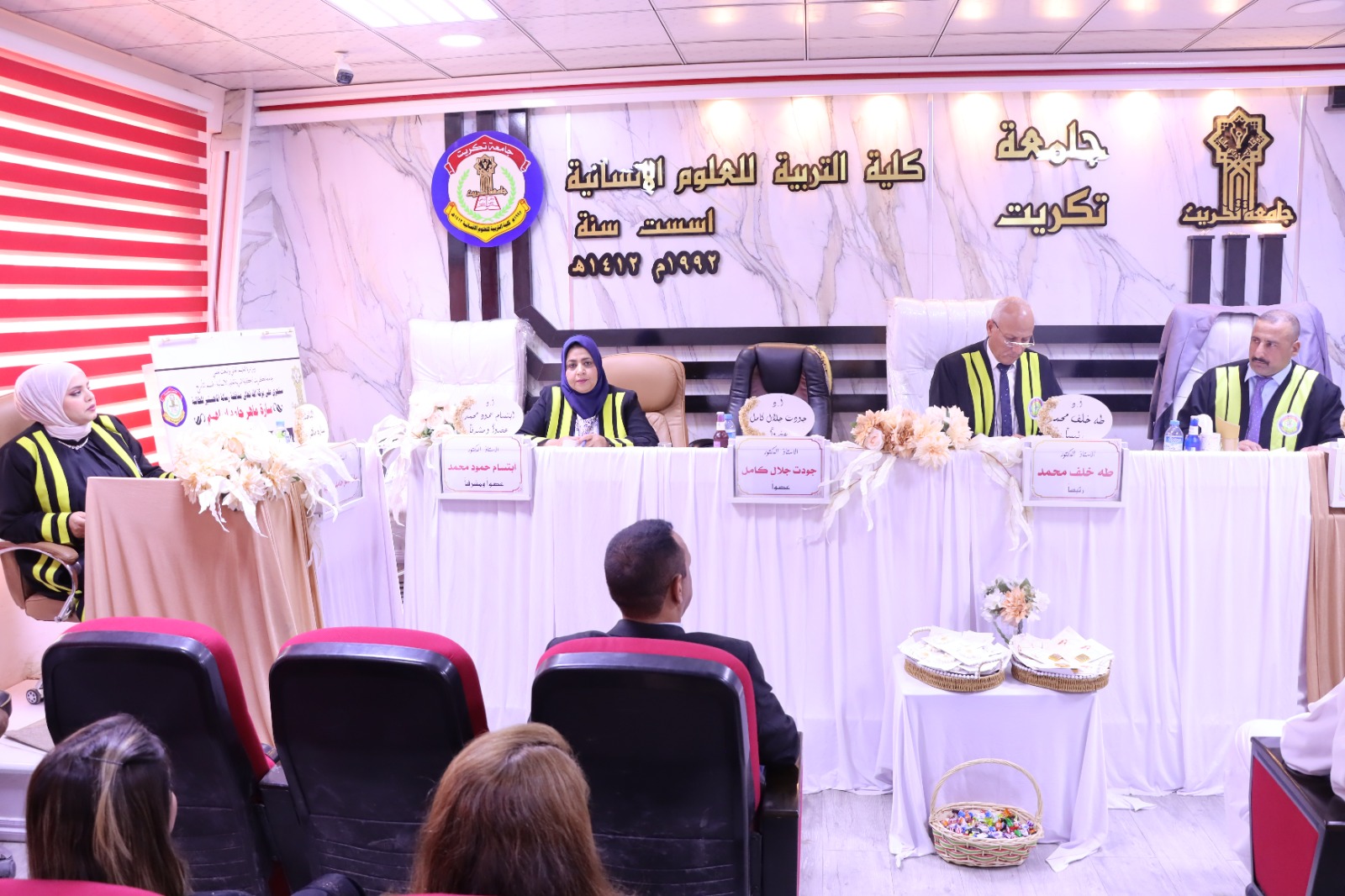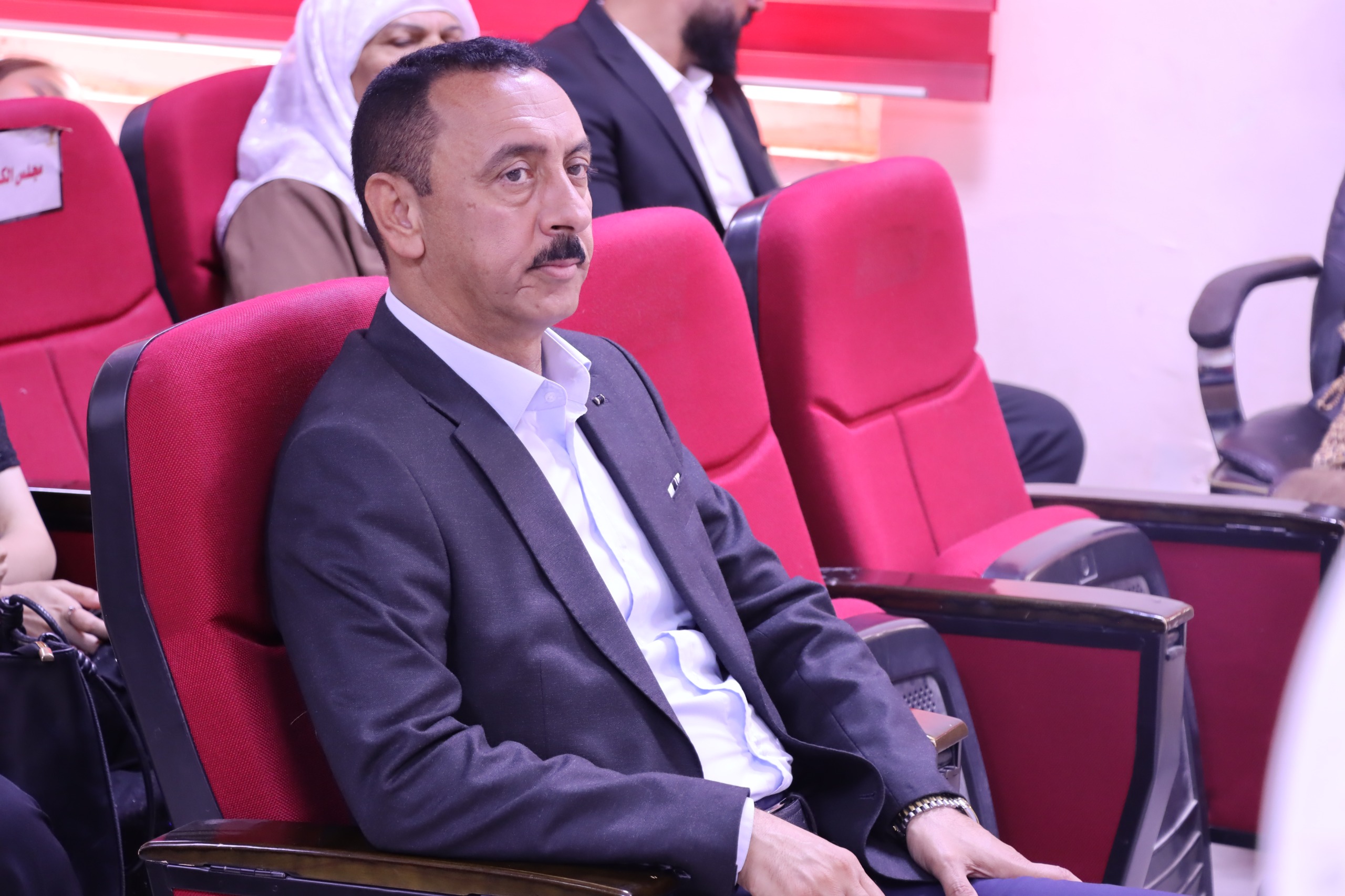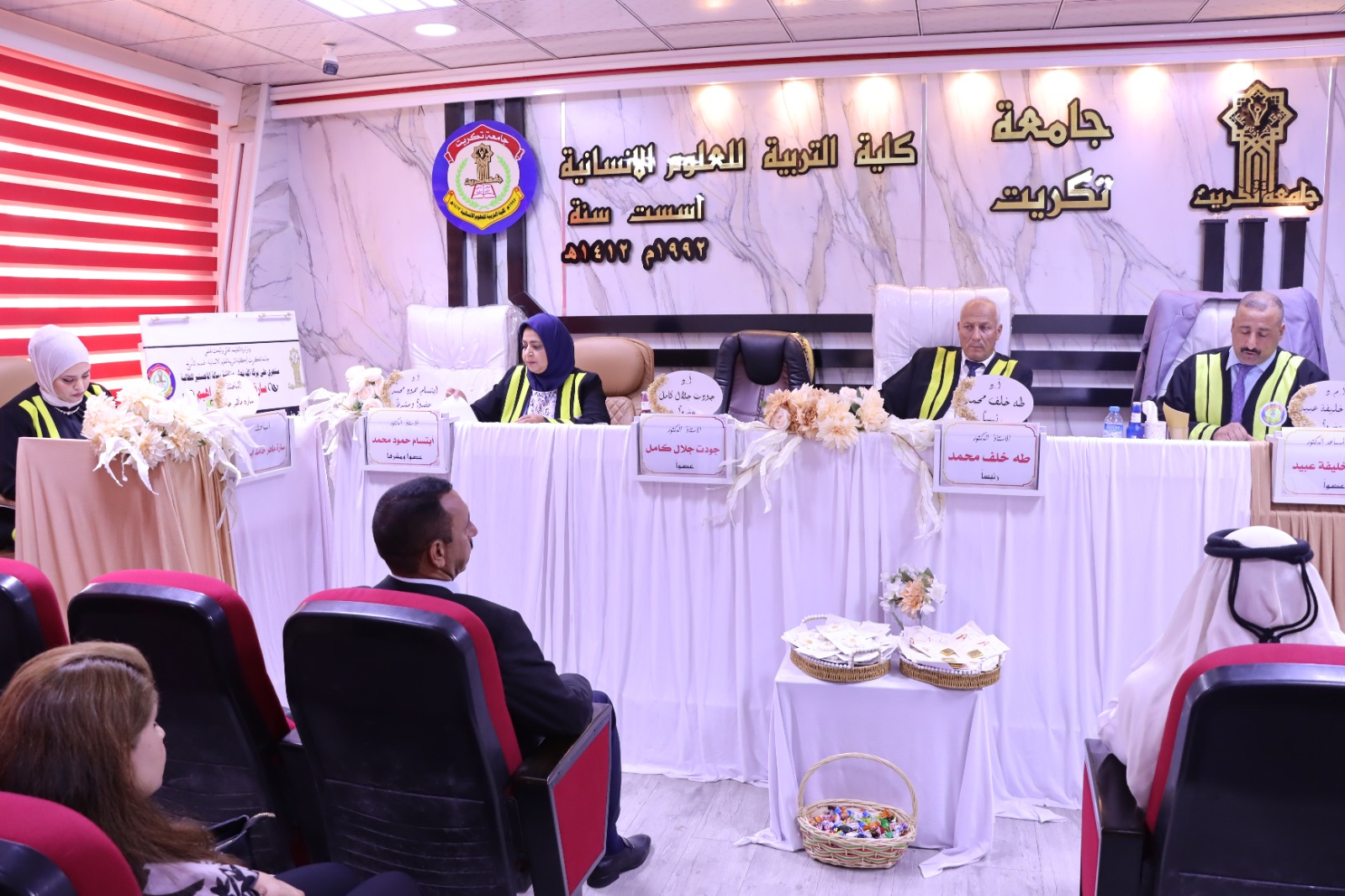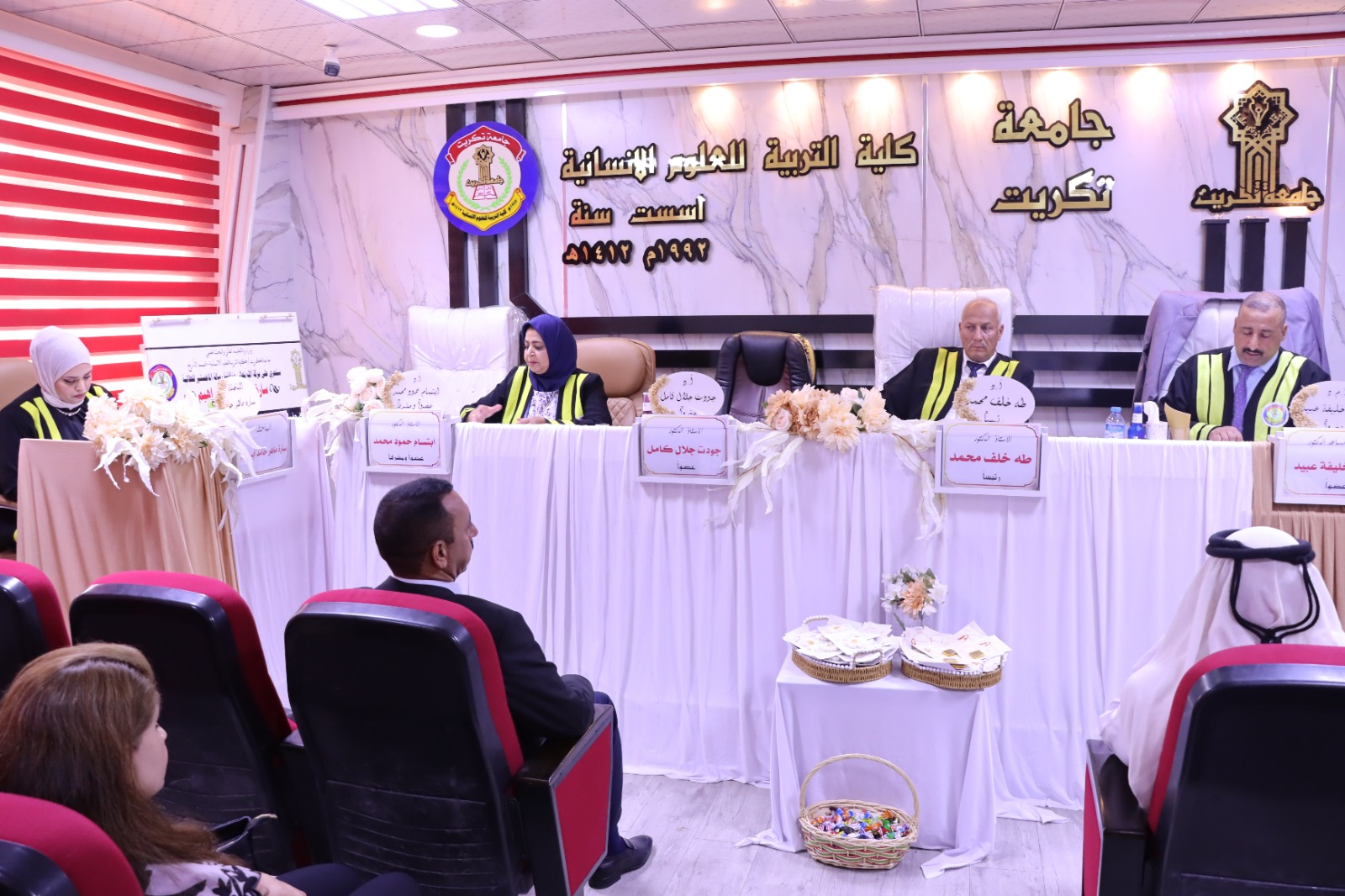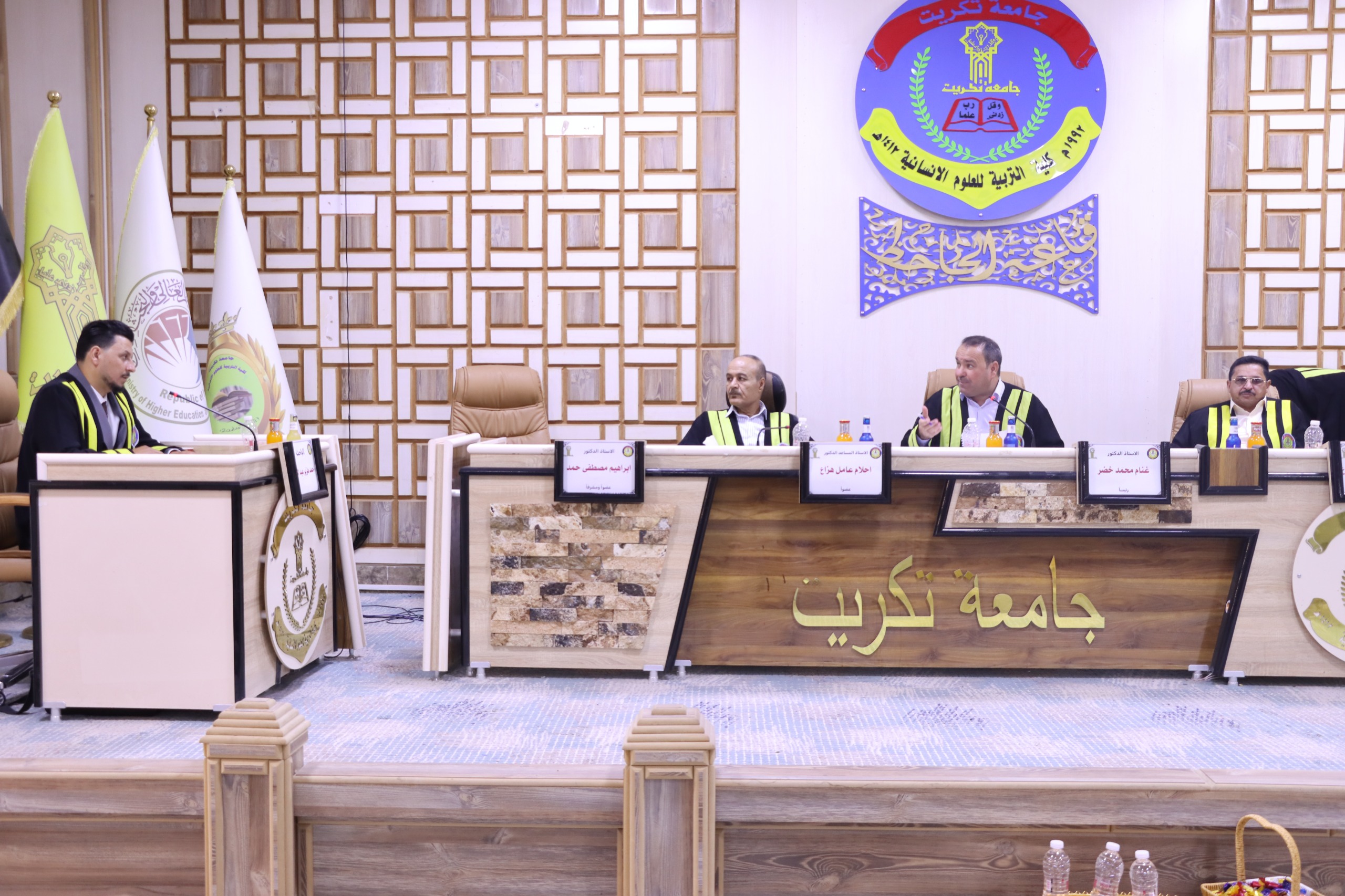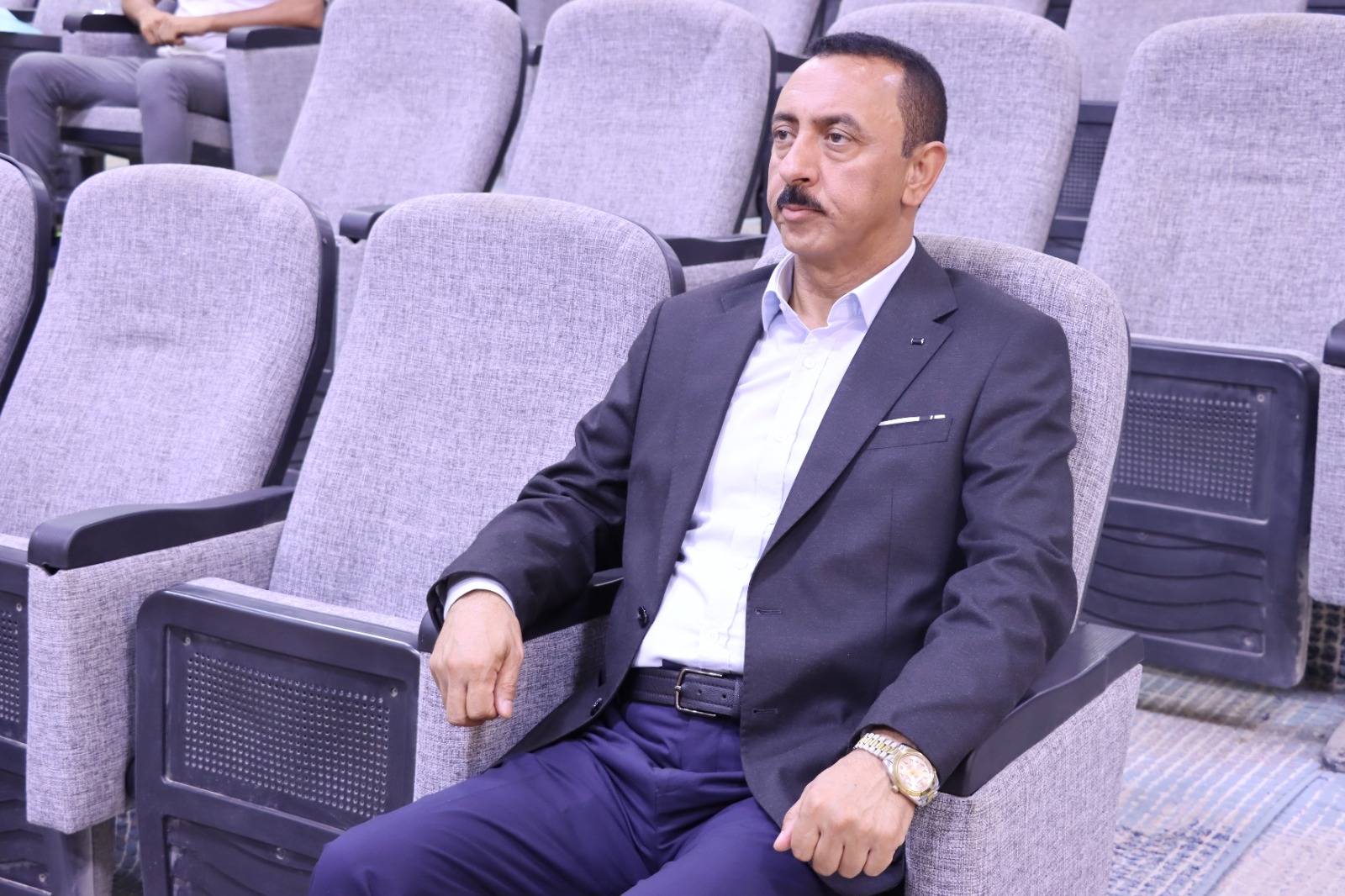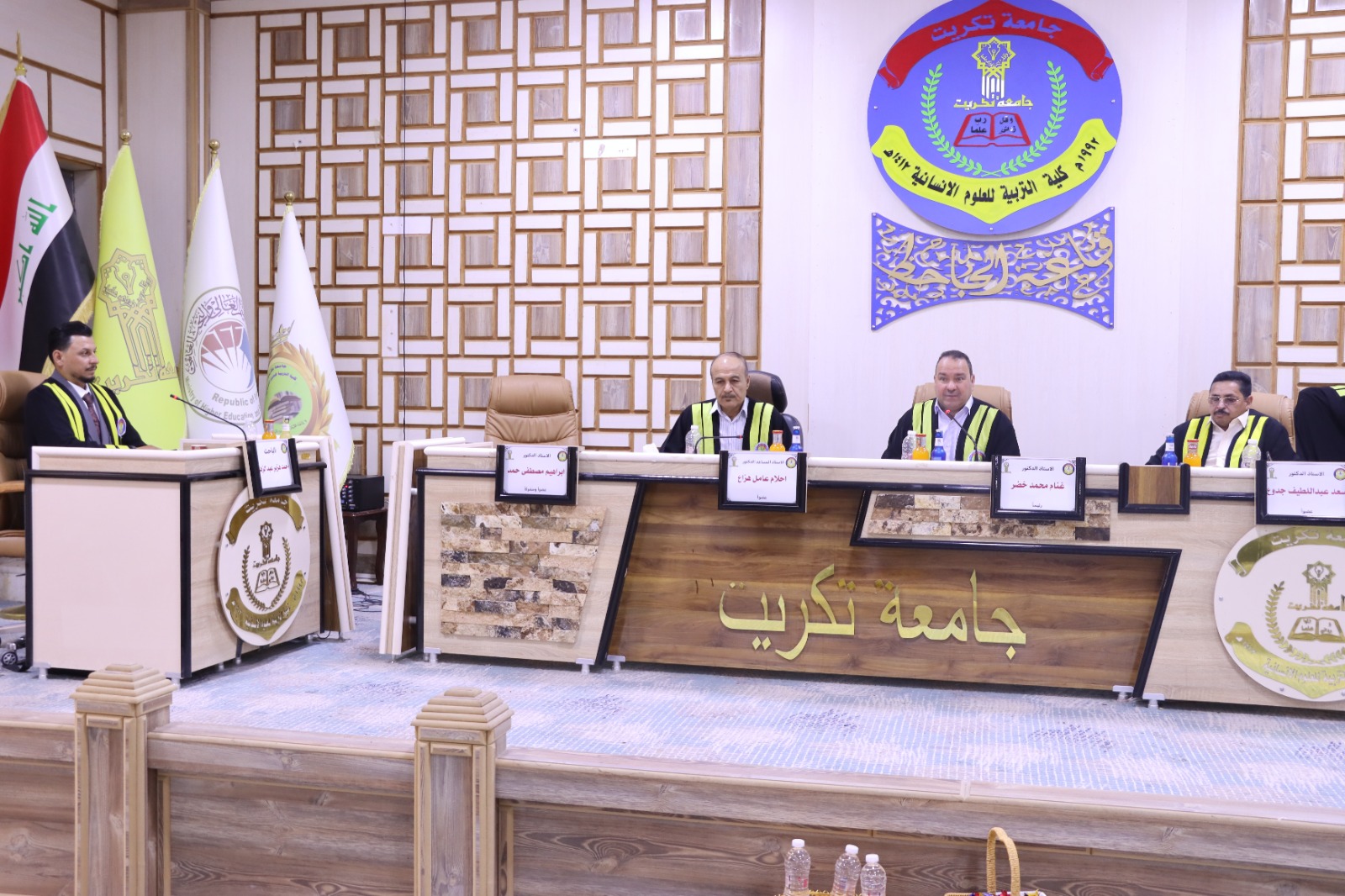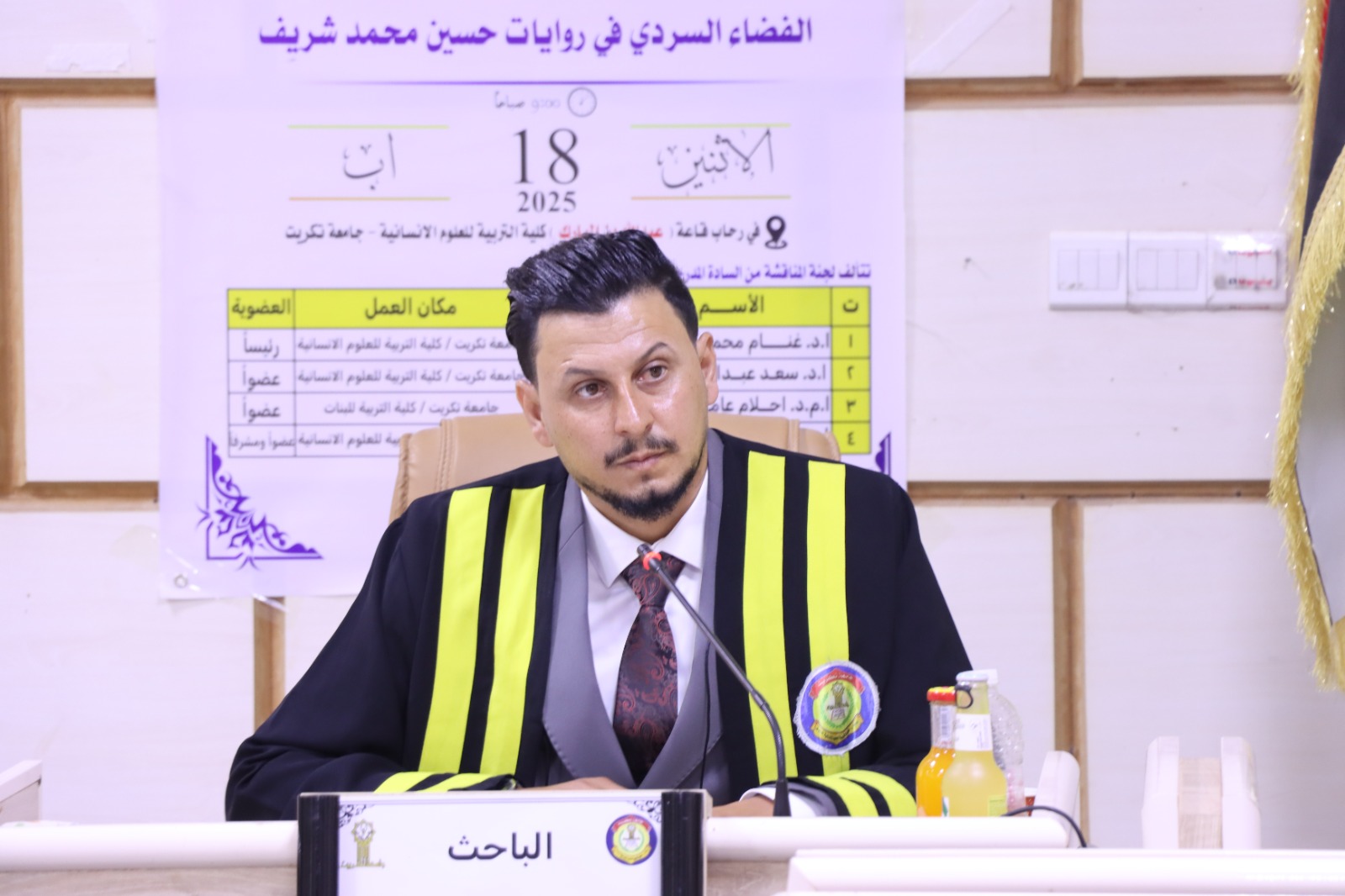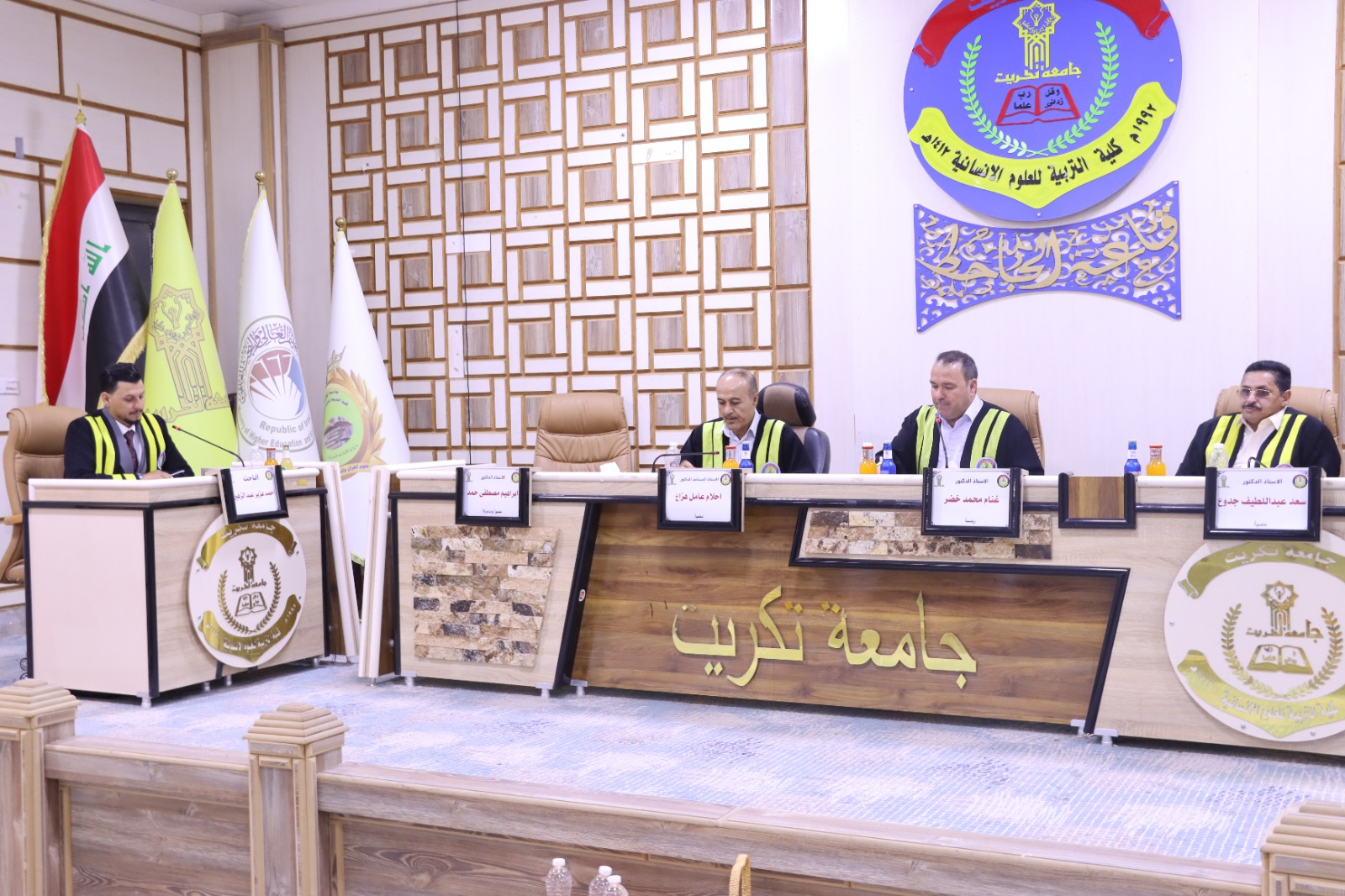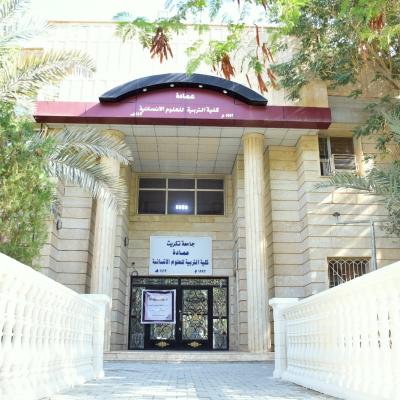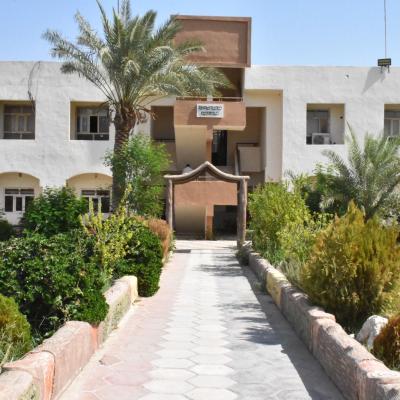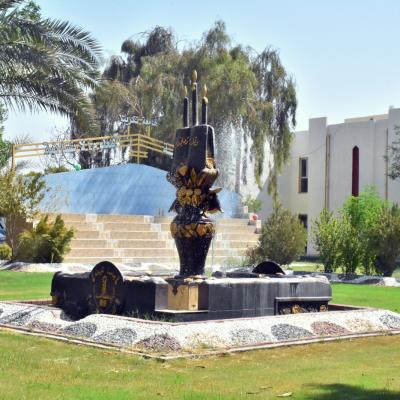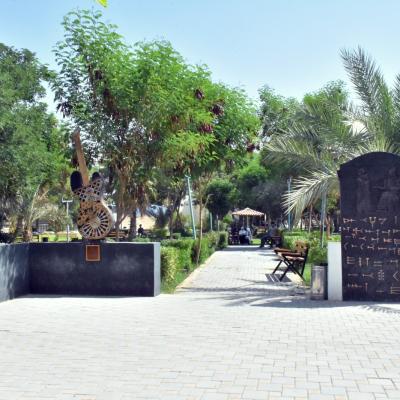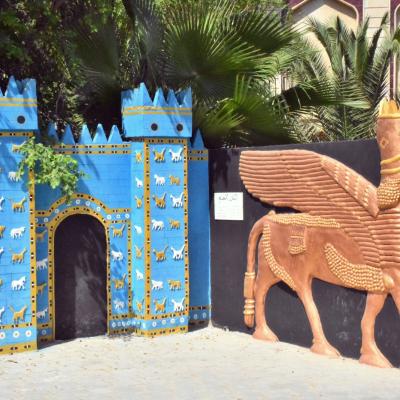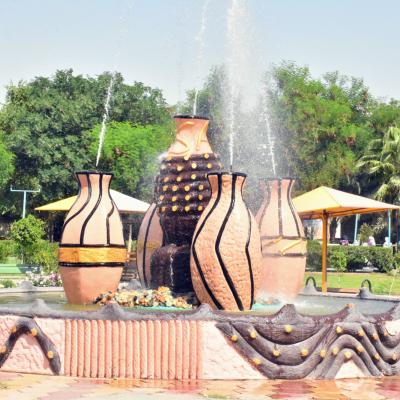A master’s thesis defense was held today, Thursday (September 25, 2025), at the Department of History, College of Education for Humanities, for the student Wisam Ajeel Sheihan, entitled “Social Developments in Turkey, 1950–1980.”
The study aimed to highlight the major events witnessed in Turkey between 1938 and 1980, which represented a series of profound social, economic, and political transformations. These developments contributed to reshaping Turkish society, shifting it from a traditional rural community into a more complex and diverse urban society.
During the rule of İsmet İnönü (1938–1950), social developments were relatively slow, with agriculture remaining the backbone of the economy and rural life dominating the majority of the population. Limited urban expansion and initial signs of urbanization were observed. Although legal reforms granted new rights to women, practical application remained restricted in rural areas, perpetuating social and cultural disparities between urban and rural communities.
The study concluded that these transformations over four decades created a complex social and political environment that reshaped family structures, redefined the role of women, and influenced the socio-political awareness of Turkish society. At the same time, tensions persisted between traditional values and the demands of modernization, laying the groundwork for a new historical trajectory for the Turkish state in subsequent decades.
Key Findings of the Study:
- Major Turkish cities witnessed rapid growth in the 1950s, fueled by increasing internal migration. This expansion led to the growth of informal settlements and mounting pressure on infrastructure.
- Between 1950 and 1960, women gradually entered education and the labor market, while tensions emerged between rural and urban communities due to unequal distribution of resources.
- Beginning in the 1960s, following the 1960 coup, Turkey entered a new phase. The new constitution enabled broader participation in civil society and political life, but also created a tense environment marked by the rise of student and labor movements. Economically, modern industries expanded in cities, while rural areas remained dependent on traditional agriculture, deepening regional disparities. Rapid urbanization fostered the emergence of new neighborhoods but also intensified economic and social pressures on rural migrants.
The Examination Committee consisted of:
- Prof. Dr. Laith Mohammed Ibrahim – Tikrit University, College of Education for Humanities – Chair
- Prof. Dr. Saad Abdulaziz Muslat – University of Mosul, College of Arts – Member
- Prof. Dr. Firas Salih Khudair – Tikrit University, College of Education for Humanities – Member
- Prof. Dr. Hassan Ali Khudair – Tikrit University, College of Education for Humanities – Member & Supervisor
#Media and Government Communication Division – College of Education for Humanities – Tikrit University
